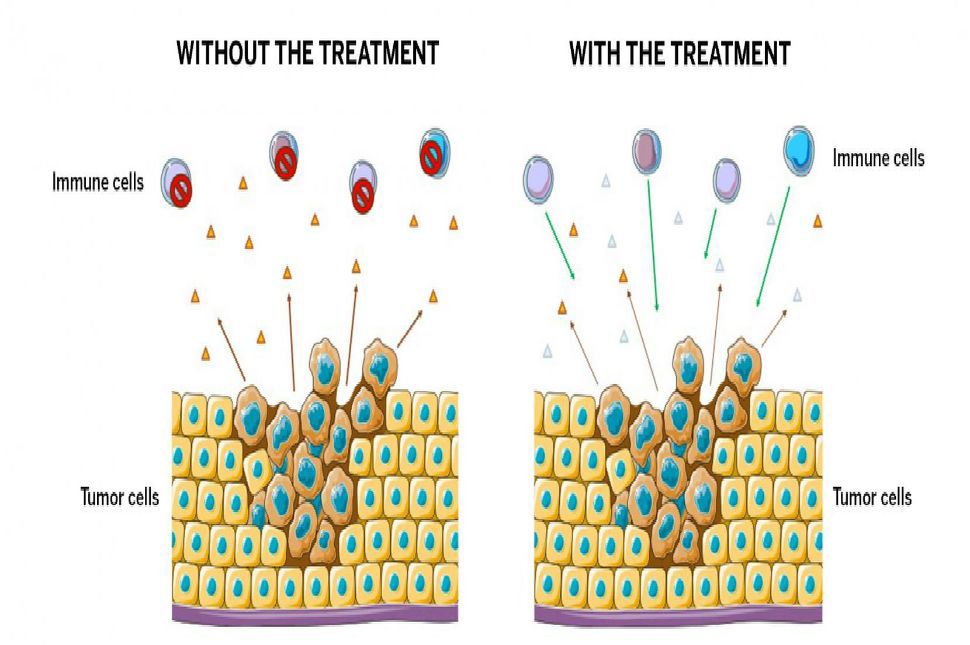AUSTIN, Texas — Researchers at The University of Texas at Austin have developed a new approach to treating cancer using enzyme therapy.
• Background
• How It Works
• What’s Next
The enzyme, known as PEG-KYNase, does not directly kill cancer cells but instead empowers the immune system to eradicate unwanted cells on its own. It is designed to break down a metabolite produced by numerous tumors that suppresses the immune system. The UT team’s findings were published in a recent issue of Nature Biotechnology.
Though a healthy, fully-functioning immune system can fight the spread of cancer cells and eliminate tumors by itself, many tumors have evolved to suppress the immune system, leading to the growth of cancer cells.
Everett Stone is a research assistant professor in the College of Natural Sciences' Department of Molecular Biosciences and co-author of the study. He said that the body’s immune system constantly polices the body and normally recognizes and eliminates cancerous cells.
Enzymes have been used in specific treatments before, to treat cancers such as leukemia. However, this is the first time one has been designed to take on the role of immune checkpoint inhibitor. The researchers are confident this approach could prove effective in treating a variety of different cancers.
George Georgiou is a professor in the UT Cockrell School’s chemical and biomedical engineering departments, the College of Natural Sciences’ molecular biosciences department and Dell Medical School’s oncology department. He is one of the leaders of the research team along with Stone. Their next step is to begin clinical trials to test the safety and efficacy of the enzyme.
The research was funded by the Cancer Prevention and Research Institute of Texas, the American Cancer Society and Kyn Therapeutics, the company that is pursuing the clinical development of this approach.



